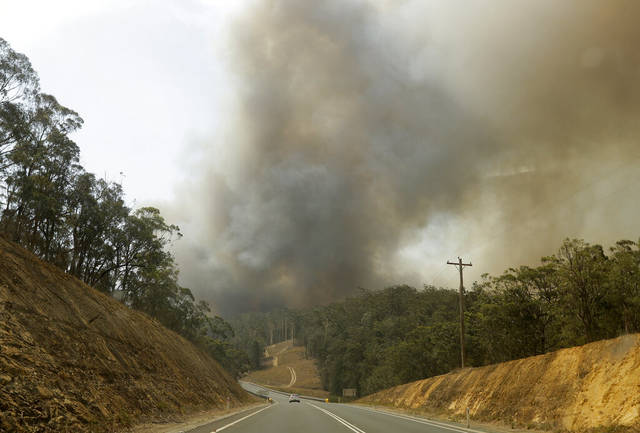https://triblive.com/news/world/u-s-scientists-earth-just-had-its-hottest-january-in-recorded-history/
U.S. scientists: Earth just had its hottest January in recorded history

Last month was the hottest January since scientists began keeping temperature records in 1880, scientists from the National Oceanic and Atmospheric Administration announced Thursday.
Global land and ocean temperatures exceeded all temperatures recorded in the past 141 years of data at 2.05 degrees above the 20th century average.
Of the 1,681 months of the climate record, only March 2016, February 2016 and December 2015 each had a greater temperature departure from avg than #January 2020: @NOAANCEIclimate https://t.co/Y88Yf1yBud #StateOfClimate pic.twitter.com/B0Qry73kET— NOAA (@NOAA) February 13, 2020
It was the 44th consecutive January, and the 421st consecutive month, with temperatures above the 20th century average. The four warmest Januaries recorded have all taken place since 2016, and the 10 warmest have occurred since 2002, according to NOAA.
Record hot temperatures were recorded in parts of Central and South America, Asia, Scandinavia, the Indian and Atlantic Oceans and the central and western Pacific Ocean.
Earth experienced the hottest January since records began 141 years ago for a fifth consecutive year https://t.co/Jz4z1C7sxh— Daily Mail Online (@MailOnline) February 13, 2020
The warm temperatures shrank Arctic sea ice to its eighth lowest January extent, with satellite records showing that Arctic sea ice coverage last month was 5.27 million square miles, or 5.3 percent below average.
Copyright ©2025— Trib Total Media, LLC (TribLIVE.com)
